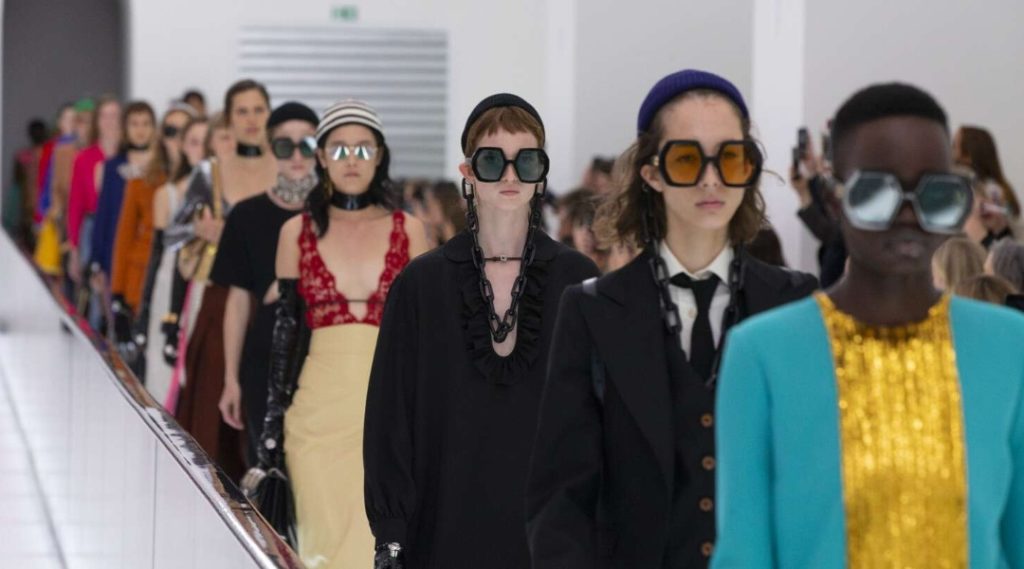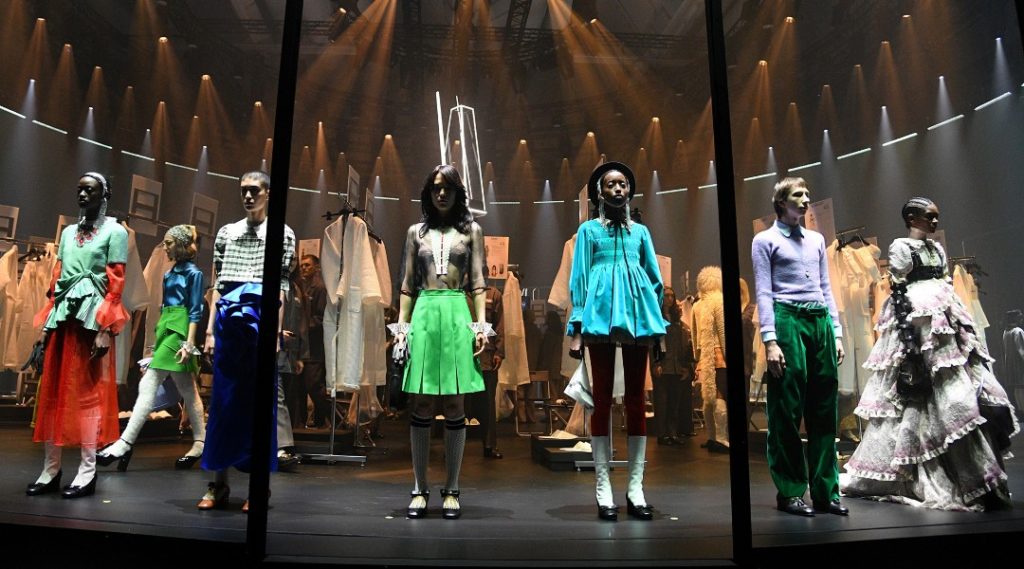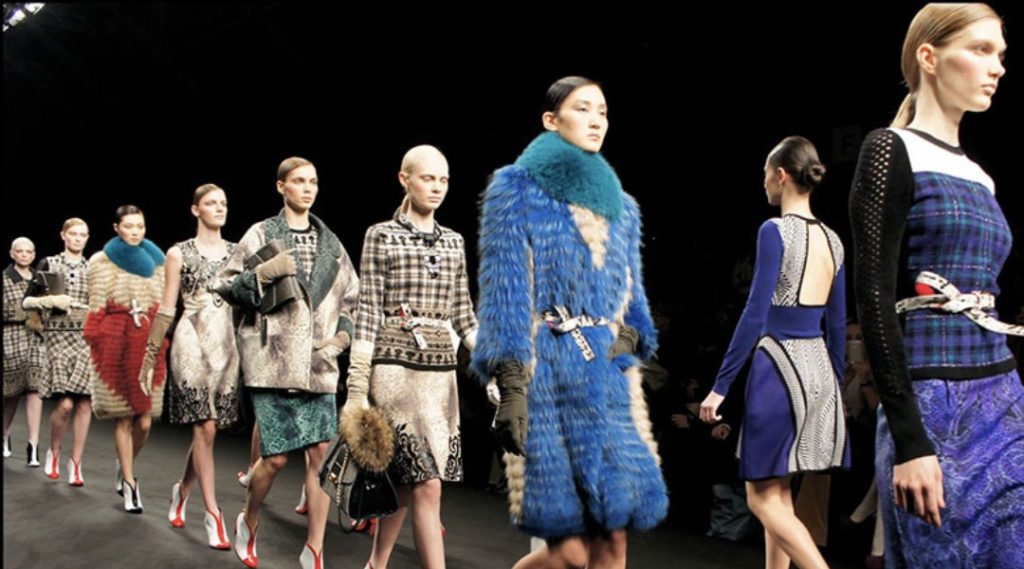For fashion houses, digital communication is crucial now more than ever, which means shifting the perspective beyond the products they offer.
At this time of the year, most of us are certainly feeling nostalgic about the experiences we are unable to have now. From traveling to our dream destinations to attending shows, our plans are unfortunately either rescheduled or worse, suspended. With no choice on the matter of survival, we are left to take the time during this worldwide lockdown to reflect on the pandemic and how it changes life as we know it.
The people behind gigantic fashion labels are no exemption. They have also taken the time to weigh in on how the pandemic changes the Fashion Week calendar and how they should respond to it. You may have heard of prestigious fashion houses like Gucci and Saint Laurent that opted to limit the number of collections they produce and even go off the fashion calendar the industry has long adhered to. The reasons may seem obvious, but what more goes behind the scenes? What should we expect from these creative directors and designers for the future of the industry?
RELATED READS: For These Companies, It Is Business As Usual, But With Purpose

Changing the Norm
The news of Italian brand Gucci permanently limiting its shows may not come off as a surprise. From five or more collections a year, creative director Alessandro Michele stated they will opt for two seasonless shows moving forward. Similarly, Saint Laurent announced forgoing its show at the Paris Fashion Week. They claimed to follow their own calendar for the rest of the year. Earlier, Marc Jacobs shared a similar move of halting production for his lineup in fall 2020.
Certainly, the travel bans and closing off of businesses pushed these gigantic fashion houses to make these decisions. Beyond the blatant limitations, these companies share a similar sentiment. They had to be conscious of the present circumstance and execute a proper response. With social and economic devastations across the globe, flaunting excess and glamor is definitely out of the picture.

These companies understand now is not the time to push creativity and production to a style-hungry crowd of celebrities, entrepreneurs, and consumers. Michele best explains it, “I decided to build a new path, away from deadlines that the industry consolidated, and above all, away from an excessive performativity that today really has no raison d’être. It’s a foundational act… that aims at building a new creative universe.”
RELATED READS: Is The Culture Of Kindness Enough To Get Through In A Crisis?

The New Model
The pandemic forced the fast-paced nature of the fashion industry to slow down and reflect on its habits and behavior. From studying the old model came a new plan for the industry, popularized by #RewiringFashion. A group of independent executives, designers, and retailers came up with a new model for the industry. They presented a vision of resetting the fashion calendar, reimagining fashion shows, and breaking away from the addiction on discounts.
Ultimately, the new plan is to “slow down and rediscover the storytelling and magic of fashion.” In truth, more goes behind restructuring the entire industry. Yet this plan proves to be worth the start in igniting the conversation at a corporate and consumer level.
RELATED READS: The Royal Act: Meghan Markle And The Art Of Revenge-Dressing
The Lifestyle Approach
Now that fashion houses halted the production of collections and shows, what are they doing now? There seems to be a shift from a point of view of glamor to a lifestyle approach. Digitization is becoming a central part of marketing with online shows and personalized experiences. However, the idea of ‘meaningful luxury’ remains, and luxury fashion brands started focusing on storytelling around their heritage and values. Gucci released a podcast episode with thesexed, allowing fans to learn about topics like toxic masculinity. Karl Lagerfeld churns out a range of fitness activities and classes to entertain audiences. Balmain’s Olivier Rousteing releases weekly creative challenges and vintage sketches exploring the Paris house’s history. Likewise, Salvatore Ferragamo uses anecdotes and quizzes to test users’ knowledge of the brand’s history and its iconic products.
Brand culture is now the focus of luxury fashion brands these days. With digital communication a crucial aspect to reach audiences, it is only befitting to shift the perspective into services and not the products alone. After all, people might not be a fan of a particular brand’s bag or shoes but they believe in the house’s philosophy. Engaging people with the brand’s culture is one certain way to make fashion more meaningful and relevant than ever.





